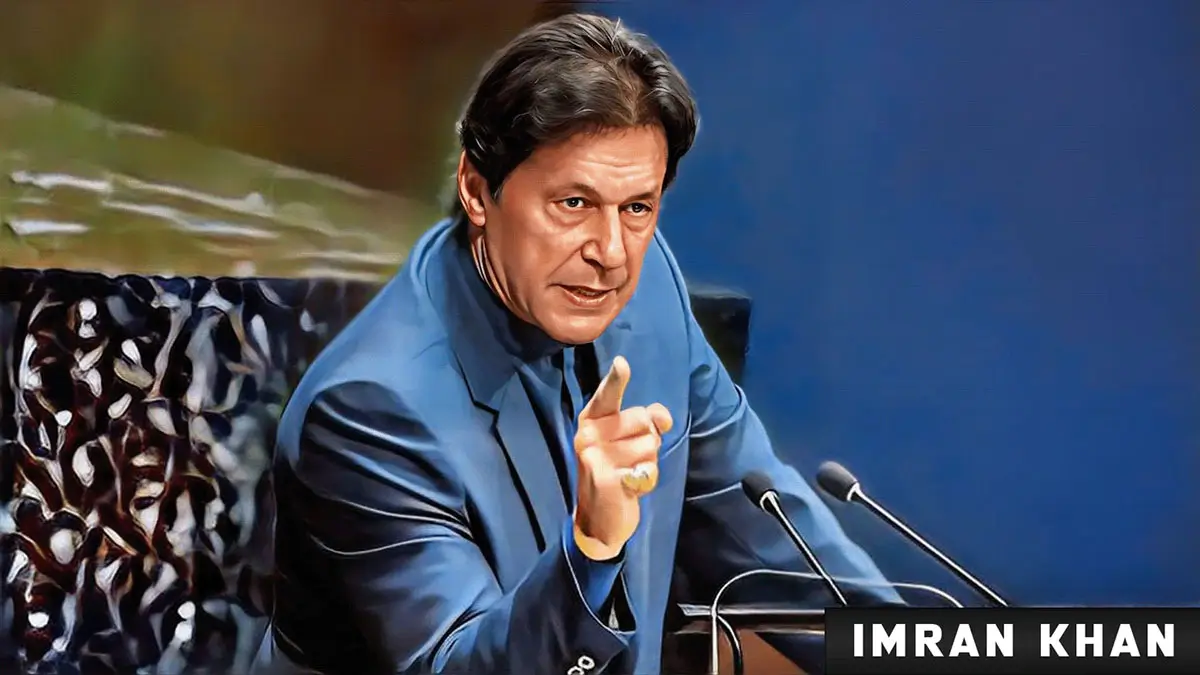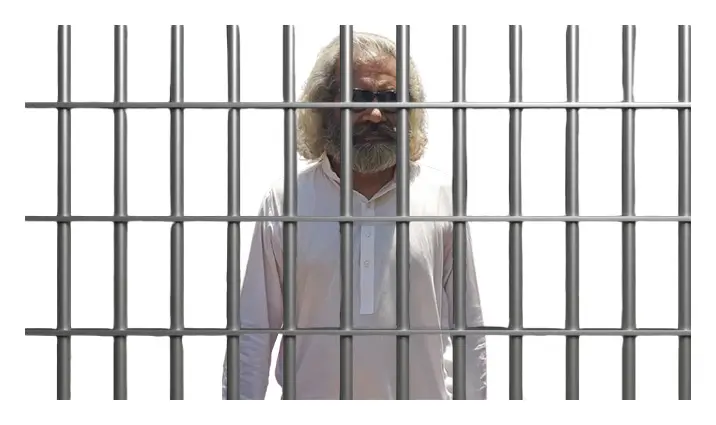A Defiant Stand Amid Political Turmoil
Imran Khan, Pakistan’s former Prime Minister and cricketing legend, has been incarcerated for 708 days as of July 13, 2025, marking a significant chapter in the nation’s volatile political landscape. Since his arrest on August 5, 2023, Khan has faced a barrage of legal battles, with over 150 cases ranging from corruption to inciting violence, which he and his supporters vehemently denounce as politically motivated. This article explores Khan’s prolonged detention, the charges against him, the conditions of his confinement, and the broader implications for Pakistan’s democracy.
The Arrest and Legal Onslaught
Imran Khan’s legal troubles escalated following his ouster from the premiership in April 2022 via a no-confidence vote in parliament, a move he alleges was orchestrated by Pakistan’s powerful military establishment and political rivals. His arrest in August 2023 stemmed from the Toshakhana case, accusing him of illegally selling state gifts worth millions, including watches and jewelry received during his tenure. This initial three-year sentence was followed by additional convictions, notably a 14-year sentence in January 2025 for the Al-Qadir Trust case, where Khan and his wife, Bushra Bibi, were accused of accepting land as a bribe from property tycoon Malik Riaz in exchange for facilitating laundered money. Bibi received a seven-year sentence in the same case.
Khan’s Pakistan Tehreek-e-Insaf (PTI) party has labeled these charges as baseless, with Khan’s lawyer, Faisal Fareed Chaudhry, asserting that the prosecution failed to prove financial loss to the state or personal gain for Khan. The Al-Qadir Trust, established by Khan and Bibi to fund a university, is at the heart of the controversy, with prosecutors alleging it was a front for personal enrichment—a claim PTI refutes, arguing the trust’s nonprofit status absolves Khan of wrongdoing.
Additional convictions included a 10-year sentence for leaking state secrets in the cipher case, involving a diplomatic cable Khan allegedly waved at a rally to claim a U.S.-backed conspiracy against him. Although some sentences were overturned or suspended, new charges ensured Khan remained in Adiala Jail, Rawalpindi, where an anti-corruption court delivered the latest verdict.
Conditions of Confinement
Khan’s detention has drawn attention to his treatment in Adiala Jail. His sons, Kasim and Sulaiman, described his cell as a “death cell,” typically reserved for terrorists, lacking light, legal access, or adequate medical care. A July 2024 interview with The Times quoted Khan describing his 7ft by 8ft cell, highlighting the harsh conditions. However, a government report to Pakistan’s Supreme Court in August 2023 detailed daily provisions, including meals with fresh fruits, vegetables, and mutton, and regular cell cleaning, suggesting efforts to counter claims of inhumane treatment. Khan’s sister, Aleema Khan, reported in February 2025 that he remained healthy, spending his days exercising, reading, and reflecting, with an hour daily to walk in the courtyard.
Despite these accounts, Khan’s supporters argue his confinement is designed to break his spirit. PTI’s foreign media wing called his detention “arbitrary” and condemned the military regime under General Asim Munir for suppressing dissent. Khan’s resilience is evident in his own words, shared via X: “I am confined in a 7ft by 8ft death cell, typically reserved for terrorists… People voted for me because they are fed up with the current system.”
Political Impact and Public Response
Khan’s imprisonment has not diminished his political influence. Despite being barred from the February 2024 elections, PTI-backed candidates secured the most seats, underscoring his enduring popularity, particularly among Pakistan’s youth. A December 2023 Gallup poll showed Khan’s approval rating at 57%, surpassing his rival Nawaz Sharif. However, a military-backed coalition sidelined PTI from forming a government, fueling allegations of electoral rigging.
Protests erupted after Khan’s arrests, notably in May 2023, when supporters targeted military facilities, leading to thousands of arrests and a crackdown on PTI. The government’s response, including internet shutdowns and restricted media coverage, has stifled public demonstrations, with PTI noting a “fearful” atmosphere among supporters. Yet, Khan’s defiance resonates, as seen in his July 2025 message from jail: “When a nation rises for its rights, no force on earth can suppress it. I remain a free man, even in jail.”
A Polarized Nation
Khan’s 708 days in jail reflect Pakistan’s deep political divisions. His supporters view him as a symbol of resistance against military dominance and elite corruption, while critics, including Information Minister Attaullah Tarar, cite “irrefutable evidence” of his guilt in a “mega corruption scandal.” The United Nations has criticized Khan’s detention as arbitrary, lacking legal basis, and aimed at disqualifying him from politics.
The ongoing saga raises questions about Pakistan’s democratic future. Khan’s refusal to negotiate for his release, as stated after his January 2025 conviction, underscores his commitment to his cause. However, with new cases piling up and PTI facing relentless pressure, the path to his release remains uncertain. As Khan himself posted on X, urging Pakistanis to fight for “Haqeeqi Azadi” (true freedom), his imprisonment continues to galvanize supporters while exposing the fragility of Pakistan’s judicial and political systems.
Conclusion
Imran Khan’s 708 days in jail encapsulate a turbulent period in Pakistan’s history, marked by legal battles, political suppression, and public unrest. His defiance, coupled with his party’s electoral resilience, keeps him a towering figure despite his confinement. As Pakistan grapples with economic crises and political instability, Khan’s fate remains a litmus test for the nation’s commitment to democracy and justice. Whether he emerges from jail or continues to lead from behind bars, Khan’s legacy as a polarizing yet influential figure is undeniable.


